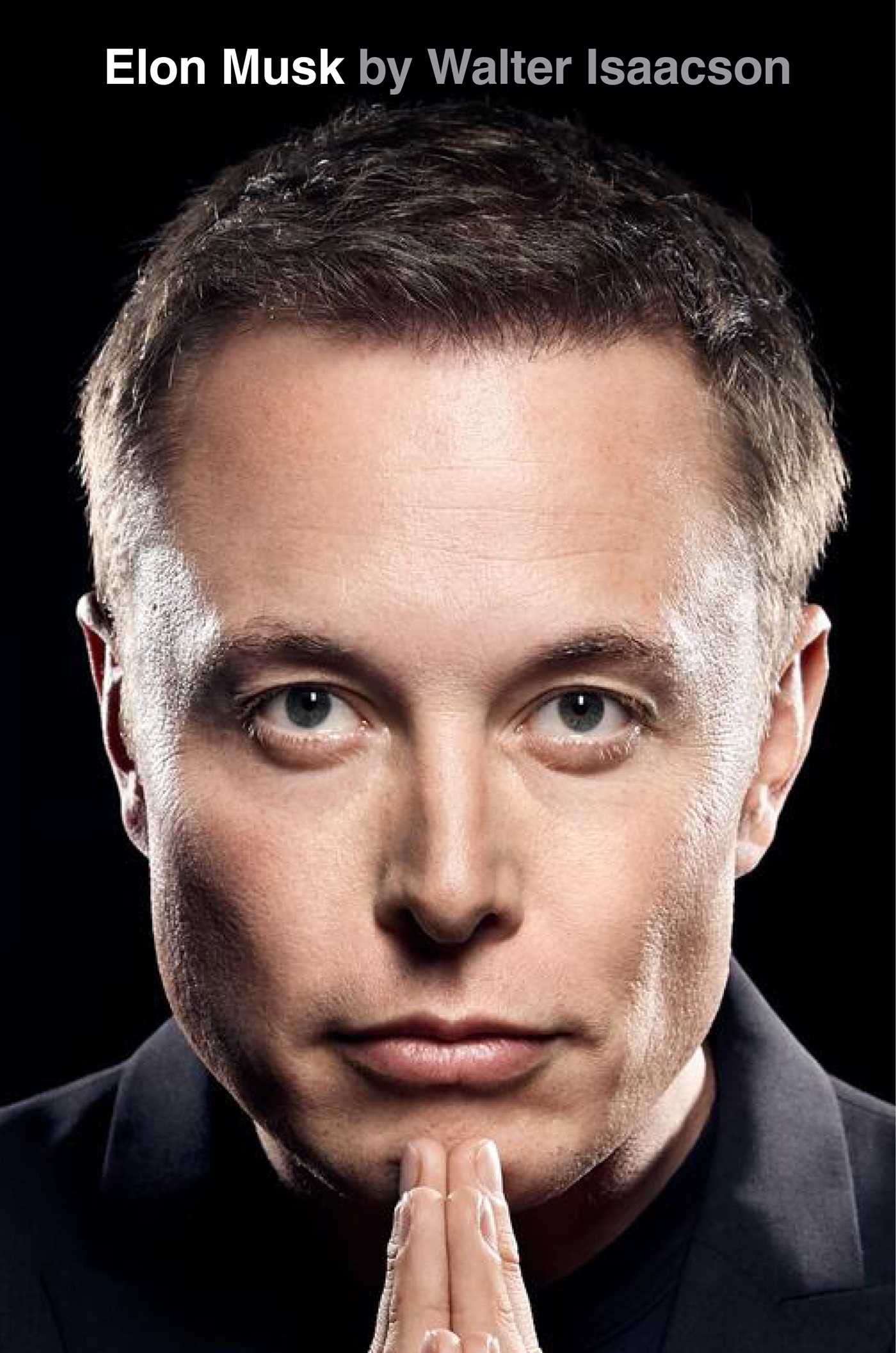56. Family Life
byFamily Life took a transformative turn for Elon Musk in May 2020 with the birth of his son, X, whom he shares with musician and artist Grimes. Unlike his previous experiences with fatherhood, Musk found an unusual sense of calm in his bond with X, frequently bringing him to work meetings and even high-stakes events like SpaceX launches. This dynamic mirrored Musk’s own childhood, where independence was encouraged, and familial interactions were shaped by a respect for personal space rather than traditional parental closeness. The unique nature of Musk’s relationship with X was evident in how seamlessly the child was integrated into his world of innovation and high-pressure decision-making. Musk believed that early exposure to science, engineering, and technological advancements would shape his son’s curiosity and critical thinking abilities, just as his own upbringing had instilled in him a deep fascination with space and computing.
The unconventional approach extended beyond their daily routines and into X’s very name—X Æ A‑12—representing a fusion of mathematical symbols, artificial intelligence references, and a nod to Musk’s favorite aircraft, the Archangel 12. While their choice of name initially caused legal complications, leading them to slightly modify it to “X AE A‑Xii,” the originality behind it underscored Musk and Grimes’ shared appreciation for technology and innovation. It reflected their view that children should not only inherit creativity but also embody the futuristic ideals that shape human progress. Musk, always keen on challenging societal norms, found amusement in the controversy surrounding his son’s name, seeing it as a small rebellion against conventional expectations. The name itself became emblematic of Musk’s broader mission—to push boundaries, challenge norms, and redefine what is possible, both in his personal life and through his companies.
During this period, Musk also focused on his older children, all of whom displayed diverse talents in mathematics, engineering, and music, reflecting their father’s deep-rooted passion for problem-solving and futuristic thinking. His approach to parenting was unconventional yet deeply involved, as he encouraged his children to think critically, solve problems creatively, and develop a sense of independence from an early age. Musk had previously founded Ad Astra, a small experimental school designed to foster advanced learning techniques for his children and a select group of other bright students. This initiative was later expanded into Astra Nova, an education model that prioritized hands-on learning, ethical problem-solving, and real-world applications over traditional rote memorization. Musk viewed education as a fundamental pillar of human progress and took an active role in ensuring his children had access to innovative learning experiences that would prepare them for a rapidly changing future.
However, Musk’s family relationships were not without strain. His transgender daughter, Jenna, distanced herself from him due to ideological differences, leading to a profound rift that Musk found difficult to reconcile. This estrangement weighed heavily on him, influencing some of his public statements about gender identity, sparking controversy, and further complicating his attempts at maintaining familial harmony. Musk, who had always been a staunch advocate for free speech and individual liberty, struggled with the personal implications of ideological conflicts within his own household. The situation forced him to confront the challenge of separating personal beliefs from public discourse while grappling with the realization that even in his own family, differences in perspective could create irreparable distance. This emotional turmoil was reflected in his later public commentary about political correctness, social activism, and what he saw as an increasing cultural divide.
Around this time, Musk also made a radical lifestyle decision that reflected a philosophical shift. Having previously owned multiple luxurious properties, he announced his intention to sell nearly all his real estate, claiming that possessions were a distraction from his greater mission of advancing humanity. Moving to a modest, prefabricated home near SpaceX’s Texas facility, Musk embraced minimalism, opting for a stripped-down lifestyle that prioritized efficiency over extravagance. His decision was partly symbolic, reinforcing his commitment to his vision of making life multi-planetary. He wanted to demonstrate that material wealth was secondary to purpose, and by relinquishing his physical assets, he believed he was reinforcing his identity as a mission-driven entrepreneur rather than a billionaire indulging in excess. This drastic shift puzzled many, as it starkly contrasted with the opulent lifestyles of his peers, but to Musk, it was a logical extension of his broader philosophy of resource allocation and long-term thinking.
As the year progressed and the world grappled with the effects of the COVID-19 pandemic, Musk found an opportunity to mend ties with his brother, Kimbal, after a period of emotional distance. Kimbal suggested they partake in an Ayahuasca ceremony, a psychedelic spiritual experience, but Musk instead preferred a more pragmatic approach to reconnecting. Their renewed bond signified the enduring nature of family, even amidst ideological clashes and shifting personal priorities, reinforcing that despite Musk’s larger-than-life persona, his journey remained deeply personal and complex. The contrast between the two brothers—Kimbal, the restaurateur and environmental advocate, and Elon, the relentless innovator—highlighted the diverse perspectives within the Musk family. Yet, despite their differences, they shared a deep-rooted understanding of each other, built on childhood experiences, shared ambitions, and the pursuit of creating a lasting impact on the world.


